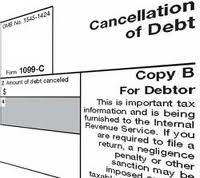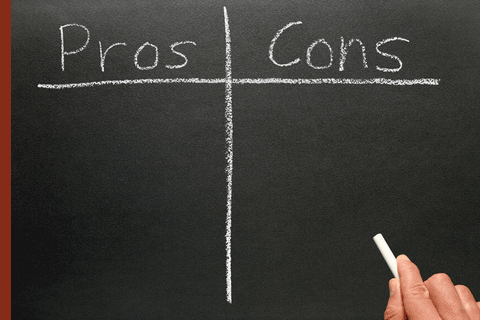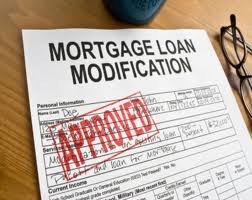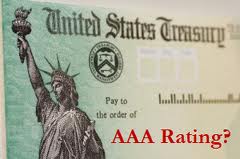I speak with many clients in the Tampa Bay, Florida area who have heard of cancelled debt and 1099-C forms but they do not really understand the impact of the taxable events that occur in a short sale. An understanding of how a 1099C works in a short sale is especially important at this time of the year.
Whenever a creditor cancels or forgives debt following a debt settlment, short sale or even a foreclosure, the creditor must report the amount of the cancelled debt to the IRS on a Form 1099-C. Under Section 108 of the IRS Code, the IRS imputes the cancelled debt as additional income to you. So if you make $50,000 in annual salary, but your house was sold at a short sale where the loss to the lender was $100,000 (not an uncommon fact pattern in Florida), you will be deemed to have earned $150,000 that year or the next – depending upon whatever year the lender files the 1099-C.
There are three exceptions to this rule. First, you file bankruptcy prior to the issuance of the 1099-C. If debt is discharged in bankruptcy, it is not attributable to you as income. Even if you receive a 1099-C, you can respond by filing your own Form 982 to remove its taxability because of the bankruptcy.
 Creditors are busily sending out more 1099C’s then ever before according to a story by Jeremy Campbell of Channel 13 in Tampa, Florida this week. The news story “How the IRS taxes debt” explains that debt settlements while good, come with a penalty. Consumers are taxed on the forgiven debt sometimes months or years after the settlement. More than 6 million consumers are expected to receive 1099C’s this year, double last year.
Creditors are busily sending out more 1099C’s then ever before according to a story by Jeremy Campbell of Channel 13 in Tampa, Florida this week. The news story “How the IRS taxes debt” explains that debt settlements while good, come with a penalty. Consumers are taxed on the forgiven debt sometimes months or years after the settlement. More than 6 million consumers are expected to receive 1099C’s this year, double last year. Reboot Your Life: Tampa Student Loan and Bankruptcy Attorney Blog
Reboot Your Life: Tampa Student Loan and Bankruptcy Attorney Blog


 I often sit with my clients in Tampa, Florida and perform a simple test: I make two columns on a piece of paper and list the pros and cons of filing bankruptcy versus trying to settle their debt.
I often sit with my clients in Tampa, Florida and perform a simple test: I make two columns on a piece of paper and list the pros and cons of filing bankruptcy versus trying to settle their debt. Quotation of the Day:
Quotation of the Day: Nationwide
Nationwide  Tonight at 10:00 p.m. the
Tonight at 10:00 p.m. the  Our Florida clients have recently been asking me if there is a new law allowing them to reduce their mortgage balance to the value of their home. This is not accurate and I am not sure where this is coming from. My guess it may be from somewhat misleading and overly optimistic advertisement flyers that are sent to people who have a foreclosure filed against them.
Our Florida clients have recently been asking me if there is a new law allowing them to reduce their mortgage balance to the value of their home. This is not accurate and I am not sure where this is coming from. My guess it may be from somewhat misleading and overly optimistic advertisement flyers that are sent to people who have a foreclosure filed against them. Mortgage modifications are often determined by whether the owner (not servicer) is either a participant in HAMP or a recipient of TARP bailout funds.
Mortgage modifications are often determined by whether the owner (not servicer) is either a participant in HAMP or a recipient of TARP bailout funds. The Bankruptcy Court for the Middle District of Florida, Tampa Division, has recently implemented a mediation program for homeowners wishing to modify their first mortgages. The Orlando Division has had a
The Bankruptcy Court for the Middle District of Florida, Tampa Division, has recently implemented a mediation program for homeowners wishing to modify their first mortgages. The Orlando Division has had a  Let’s put into perspective the recent
Let’s put into perspective the recent